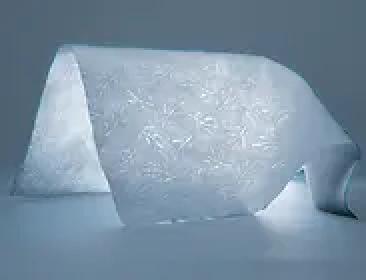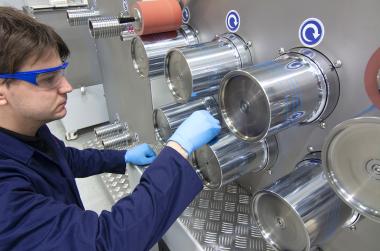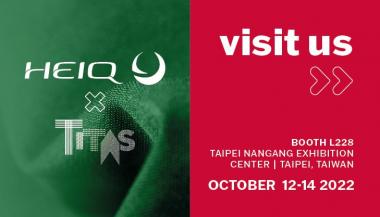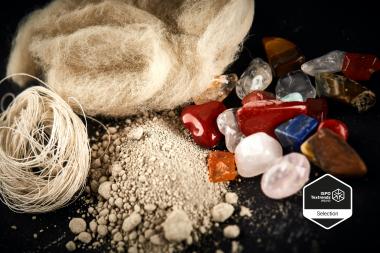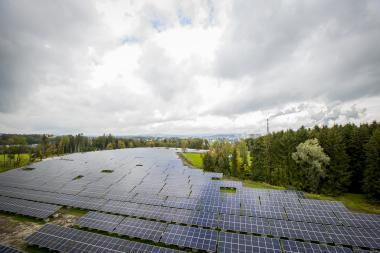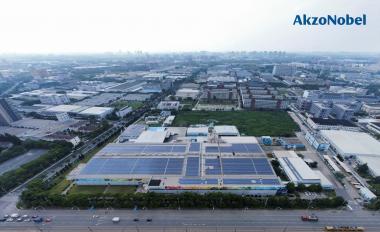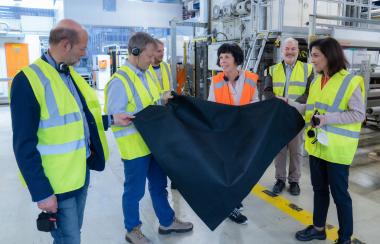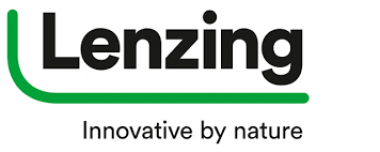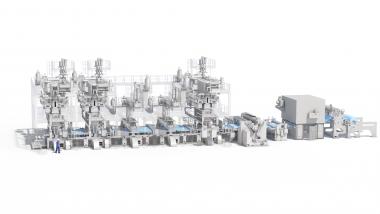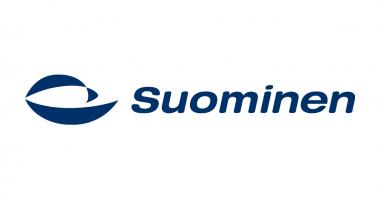Tonello presents Laundry (R)Evolution at Kingpins
Tonello will be unveiling the release of their new, more efficient and more responsible Laundry (R)Evolution, including three tools, at Kingpins Show in Amsterdam, from October 19-20.
Configurator
The new Configurator allows clients to choose the technologies, software, and accessories for their next laundry, combining diverse solutions and thus obtaining a real projection of energy and resource consumption, as well as savings and sustainability benefits.
B.O.P. (Be On Point)
The seamless integration with THE Laser, B.O.P. is based on the most recent developments in Computer Vision It makes positioning laser designs on garments automatic and rapid It allows a choice of different production modes and detects up to 8 garments at the same time.
Metro
Metro is a software that automatically and transparently measures the actual consumption of a laundry, summarizing these figures in each garment’s “environmental passport”.
At the show, Tonello will also demonstrate their technologies by washing the MSP Collection, in collaboration with PVH Europe, Kingpins, and designed by Piero Turk.
Tonello










